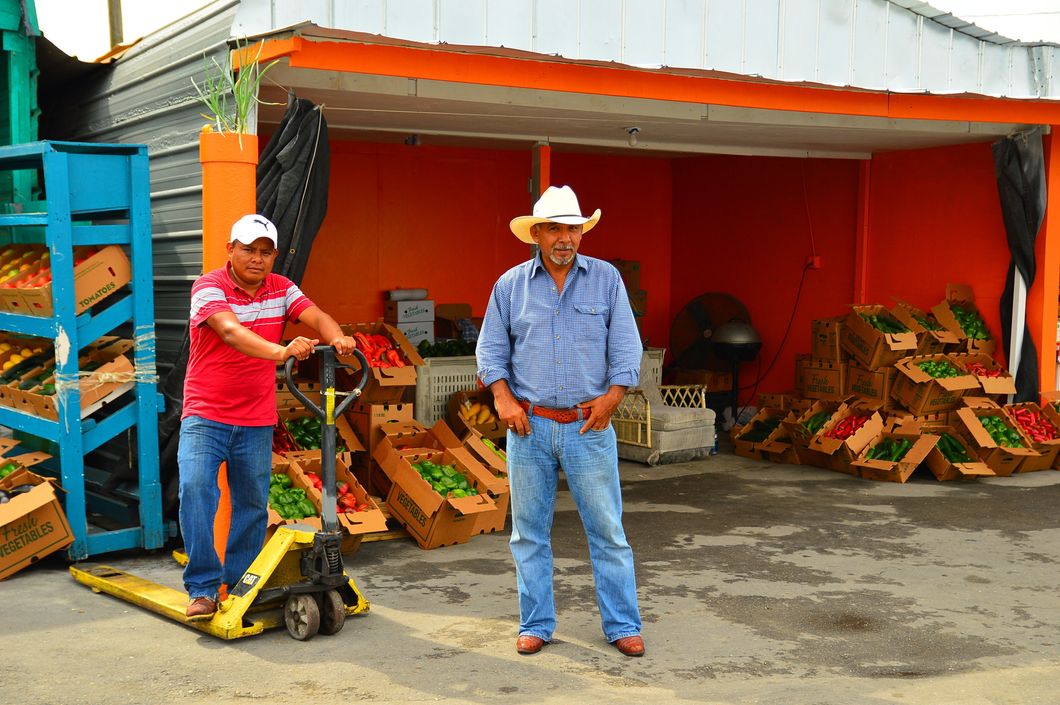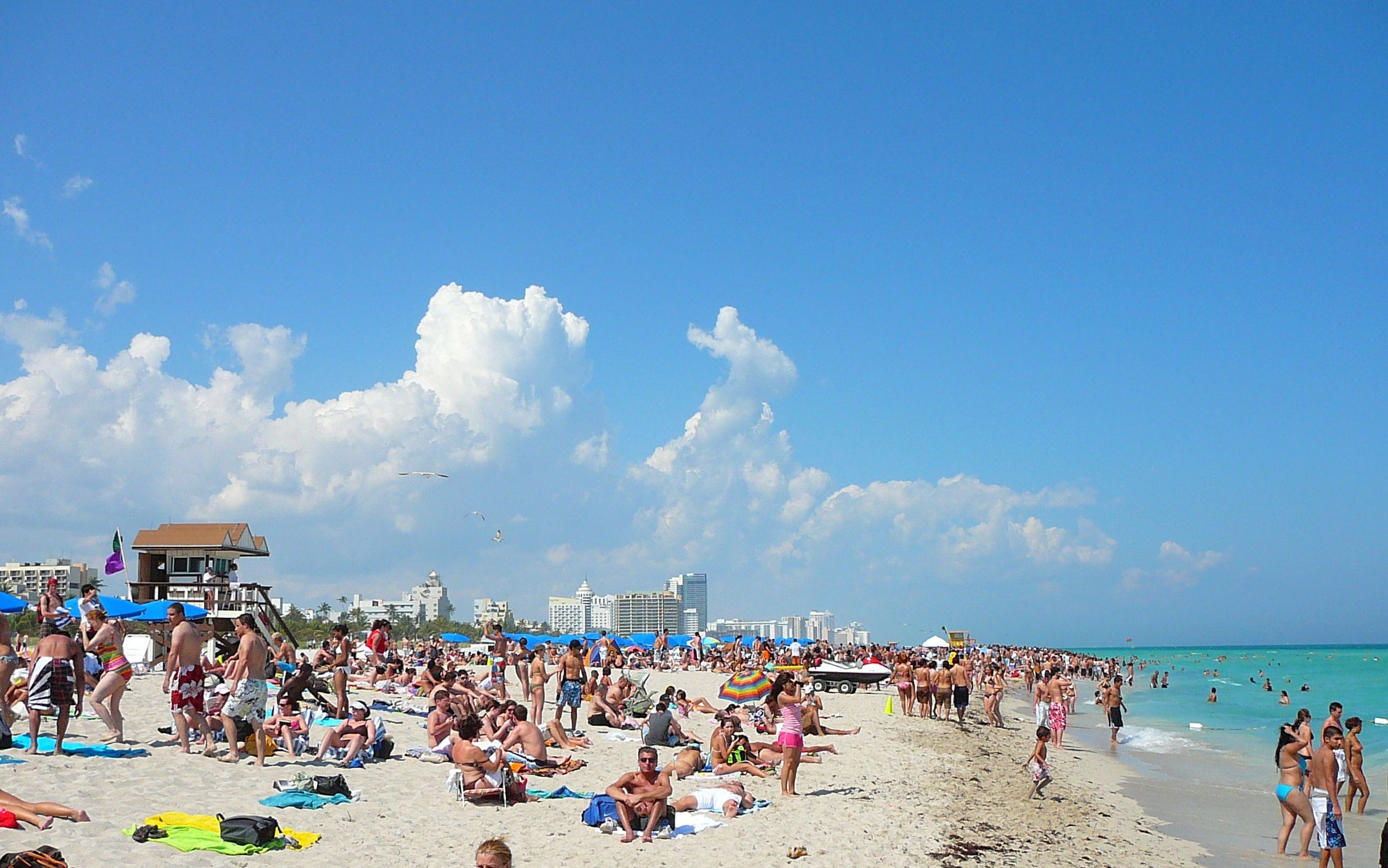The Trump administration has tightened up on the immigration policies since his inauguration.
At his 100-day mark, ICE had arrested more than 41,300 immigrants, a 38% increase since the year before. While we may not see the effects of these new policies, they have very real consequences that may affect you more than you think.
In Collier County, FL, there's a small, rural farm town called Immokalee, where over 70% of the population is Hispanic, and only 63% of them are U.S citizens. The tomato farms in Immokalee have been the topic of controversy in the past when the Coalition of Immokalee Workers (CIW) was able to reveal several slave operations in Florida farms. They were also able to raise wages for workers who were not able to make a living wage.
However, since the new scare of deportation and arrest, many workers haven't been to work and many farm owners fear that they may lose many of their employees.
“40 to 80 percent can be undocumented on any given day, and I can tell you, if we were to lose 40 to 80% of our workforce, we would be crippled here," says Alfie Oakes, owner of 1,400 acre Oakes Farms in Immokalee. U.S citizens compromise less than 1/3 of farm workers, and hiring them is more difficult because they aren't as desperate for work. Hiring undocumented immigrants is the only way to ensure lower prices on produce.
Oakes said that attempting to hire workers who are citizens is just bad for prices, telling CBS news, "The price of food would go up, through the roof ... We tried, three years ago, to hire local people here from Naples, and it was a total disaster, really... At the end of the day, 180-200 people that we tried to hire for that day, after the second day we had about 40 people left. And that wasn't even in the hot fields. From firsthand experience, as much as we would like to think it would work, it's just not the case."
And why should we care about a little town in Southwest, Florida? Immokalee Farms, in addition to other fruits and vegetables, produces one-third of the entire countries tomato products.
In the winter, that number skyrockets to 90% of the country's tomatoes. If we take away the people harvesting this produce, and replace them with people who are going to ask for much higher wages, then we are going to see a stark rise in produce prices.
We always care about where our food comes from, and how it's grown, but we need to start caring for the people who grow it.









 Photo by
Photo by 









































